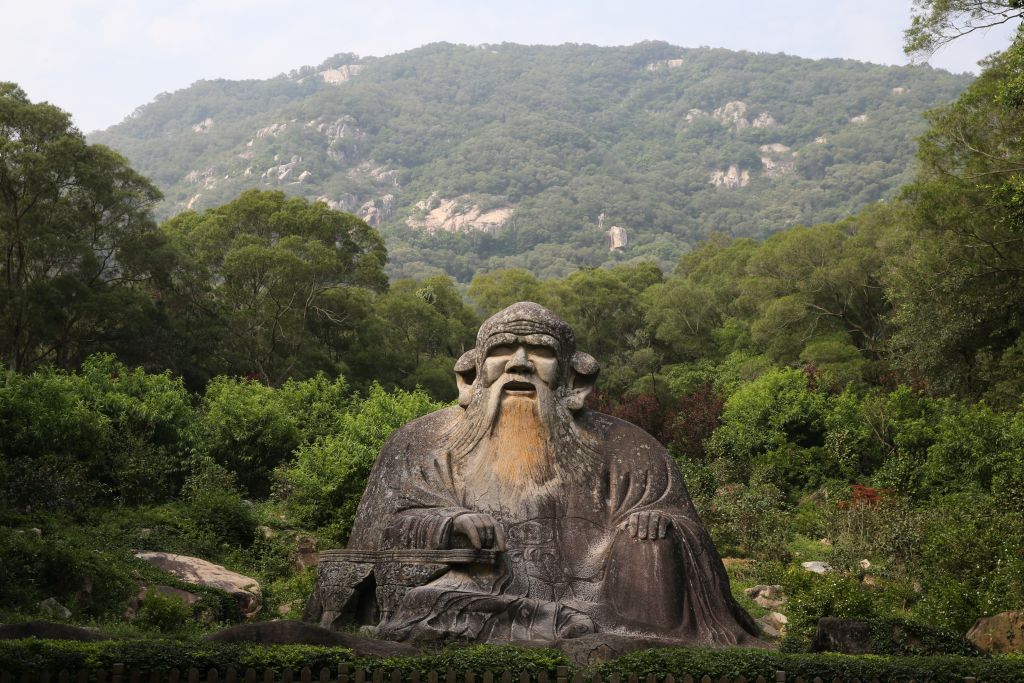“Quanzhou: Emporium of the World in Song-Yuan China” was accepted as a cultural property on UNESCO World Heritage List, bringing the total number of China’s UNESCO World Heritage sites to 56.
The serial site of Quanzhou illustrates the city’s vibrancy as a maritime emporium during the Song and Yuan periods (10th – 14th centuries AD) and its interconnection with the Chinese hinterland. Quanzhou thrived during a highly significant period for maritime trade in Asia. The site encompasses religious buildings, including the 11th century AD Qingjing Mosque, one of the earliest Islamic edifices in China, Islamic tombs, and a wide range of archaeological remains: administrative buildings, stone docks that were important for commerce and defence, sites of ceramic and iron production, elements of the city’s transportation network, ancient bridges, pagodas, and inscriptions. Known as Zayton in Arabic and western texts of the 10th to 14th centuries AD.
“It reflects greatly the spatial structure that combined production, transportation and marketing. It demonstrates the key institutional, social and cultural factors that contributed to the spectacular rise and prosperity of Quanzhou as a maritime hub of the East and Southeast Asia trade network during the 10th to 14th centuries AD,” said a report by the International Council on Monuments and Sites (ICOMOS), the committee’s official advisory body. According to the criteria included in the “Operational Guidelines for the Implementation of the World Heritage,” the World Heritage Committee made the decision to include “Quanzhou: Emporium of the World in Song-Yuan China” in the World Heritage List.
Wang Ning, governor of Fujian province, attended the 44th session of the World Heritage Committee and witnessed Quanzhou city winning the UNESCO World Cultural Heritage status. Li Qun, vice minister of culture and tourism and director of the National Cultural Heritage Administration, Yang Jin, leader of the Chinese delegation and China’s Ambassador to UNESCO, and Wang Yongli, Party chief of Quanzhou city, offered remarks at the session and expressed their appreciations.
Li said in his remarks that the Chinese people were inspired by the news that Quanzhou won UNESCO World Cultural Heritage status, and he extended his appreciation to the World Heritage Committee and ICOMOS. China will continuously keep its commitment to and take more responsibilities for world cultural heritage by enhancing conversation, management, and international cooperation, making contributions to promoting mutual learning and building a community with a shared future for humanity, Li said.
Quanzhou’s inscription onto the World Heritage List reflects the great recognition from the World Heritage Committee on Quanzhou’s outstanding universal value as a window for economic and cultural exchanges, a major port along the Maritime Silk Road, as well as a global maritime trade center back in the Song and Yuan dynasties, said China’s Vice Minister of Education Tian Xuejun.
Tian, also director of the Chinese National Commission for UNESCO and chair of the 44th session of the World Heritage Committee, said that it also demonstrated that the international community highly recognized the significance and historical value of Quanzhou in promoting mutual learning, sustainable development, and building a community with a shared future for humanity. He said Quanzhou’s inscription onto the World Heritage List is a major achievement made at the session, adding a “shining pearl” to China’s World heritage sites, and it is of special significance as this year marks the 50th anniversary of China’s restoration of its seat in the UNESCO.
China is committed to working with UNESCO, state parties to the World Heritage Committee, and professional advisory bodies to promote international exchanges and cooperation in world heritage protection and proper use while making greater contributions to the noble cause, Tian said.
Photo shows the statue of Lao Tze and Qingyuan Mountain.
Photo Copyright: © Quanzhou Maritime Silk Road World heritage Nomination Center









